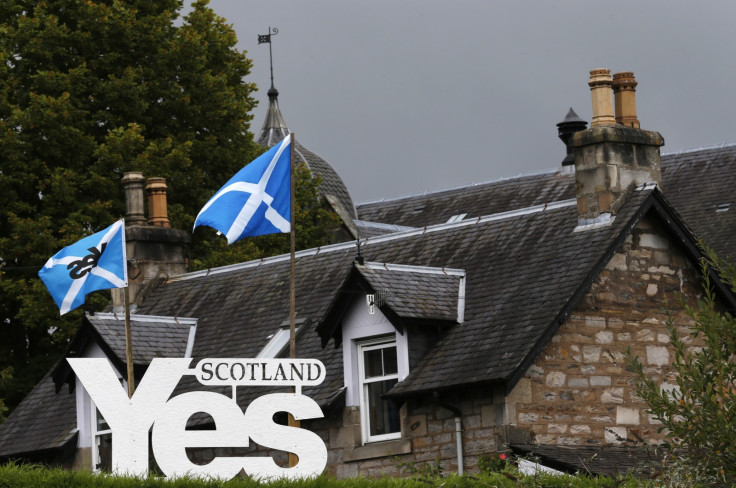Scottish Independence Quick Guide: What Will Happen If Scotland Ends the Union?

Scots will vote on independence on 18 September and, as recent polls show, the Yes and No votes are neck and neck.
But what would happen in the event of independence?
Will Scotland immediately become independent?
No. It wouldn't become fully separate from the rest of the UK until March 2016.
During the interim period, Scotland would have to try and create new laws and infrastructure to accommodate an independent country.
Will Scotland stay in the European Union and Nato?
Leaders of the European Union (EU) and Nato have unequivocally said no.
Under EU law, a newly independent country would have to apply for membership again, which would mean all 28 states would have to unanimously agree.
However, Scotland's government has repeatedly promised voters that the country would automatically remain in the EU.
Nato's secretary general has also said that Scotland would need to reapply for membership.
Will Scotland keep the pound?
It is very uncertain as to what currency an independent Scotland would use, as there is no historical precedent.
The SNP says that Scotland will keep Sterling in the event of independence, while politicians from all other parties say that if the country "walks away from the UK, it walks away from the pound."
SNP leader Alex Salmond has since said the country would not pay its share of its debt within the UK if Britain prevents it from using the pound.
Analysts say it is uncertain what will happen to Scotland's currency, with many describing the debates as "political posturing."
So, what currency options would an independent Scotland have?
Scotland would either have to create a new currency or keep the pound, either in a formal currency union with the UK (if it could negotiate one), or just keep on using it informally.
Both are costly and carry risks.
What will happen to personal finance?
If Scotland became independent, it would undoubtedly cause a major upheaval to basic financial infrastructure.
It would also mean over 18 months of negotiating and creating new financial system frameworks, trading laws, political union memberships, pension rules and so forth.
Since the Yes campaign has not detailed how they envisage this happening, other than most of the framework to stay the same, it is very difficult to predict the exact outcome.
Much will depend on whether it keeps the pound, stays in the EU and of course if it takes on its share of debt.
Scotland has £100bn (€125.5bn, $162.7bn) worth of debt but its economy is only worth £150bn.
Regardless, borrowing costs would be automatically higher for a newly formed and heavily indebted country.
This would affect food prices, loans, mortgages and services.
© Copyright IBTimes 2025. All rights reserved.






















